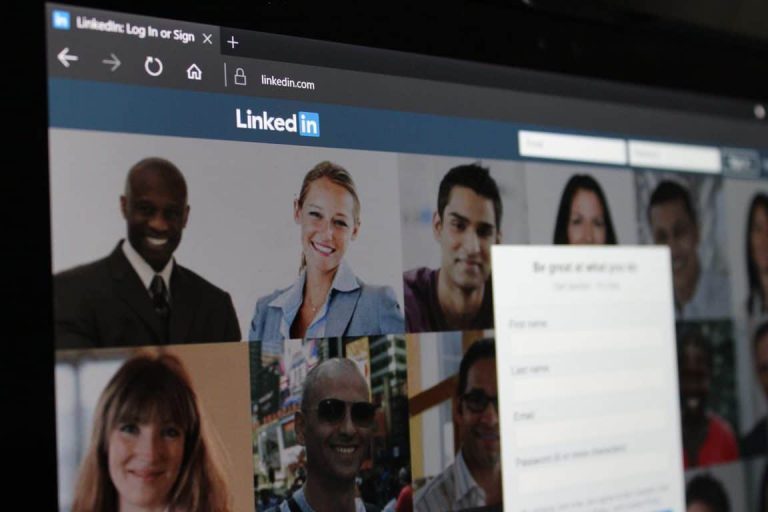What do you do when you provide a service that publically displays employee profiles, networks, and business information and another company then surfaces that information, repackages it and sells as a service?
If you’re LinkedIn, you send a cease-and-desist letter. Unfortunately, the cease-and-desist letter may be doing more harm than intended as it now calls into question the fundamental business practice of the social network.
LinkedIn and hiQ are currently embroiled in a legal dispute where LinkedIn is asking hiQ to stop scraping their website for user info and reselling it to employers researching employee behavior and morale. The precedent for the letter is on the side of LinkedIn as hiQ is seemingly in violation of the Computer Fraud and Abuse Act of 1986, which likens hiQ’s actions to hacking.
However, hiQ is arguing that taking publically displayed information is not hacking and some legal scholars are in agreement. In an interview with ArsTechnica, George Washington University legal scholar Orin Kerr describes LinkedIn’s position is “hugely problematic.”
“It’s hugely problematic to let the subjective wishes of the website owner and not their objective action, determine what’s legal.”
Kerr seems to be basing his opinion the notion that LinkedIn makes the information being accessed by hiQ publically available and compares LinkedIn’s actions to news organizations such as CNN banning rival reporters from visiting their sites. Positing the slippery-slope argument, Kerr believes it could eventually become a federal crime to visit a public website.
A possible solution to the LinkedIn and hiQ conundrum is for the company to begin requiring password access to solidify its position as not being ‘fully’open’ to the public.
Despite Kerr’s objections, the mere fact that LinkedIn has issued a cease-and-desist letter now puts hiQ in the position of triggering the anti-hacking law as it continues to scrape the social network’s site after receiving a notice requesting not to.
Further complicating hiQ’s position is the state in which the battle is being held. In Northern California a previous ruling by the 9th Circuit Court of Appeals found start-up Power Ventures to be similarly violating the CFAA when it came to accessing Facebook’s servers after a cease-and-desist letter.
Microsoft, who acquired LinkedIn last year, has remained relatively quiet on the issue.
For now, it looks as though LinkedIn has the upper hand in this battle but hiQ’s objections could cause courts to reevaluate the way public sites levy their information.



